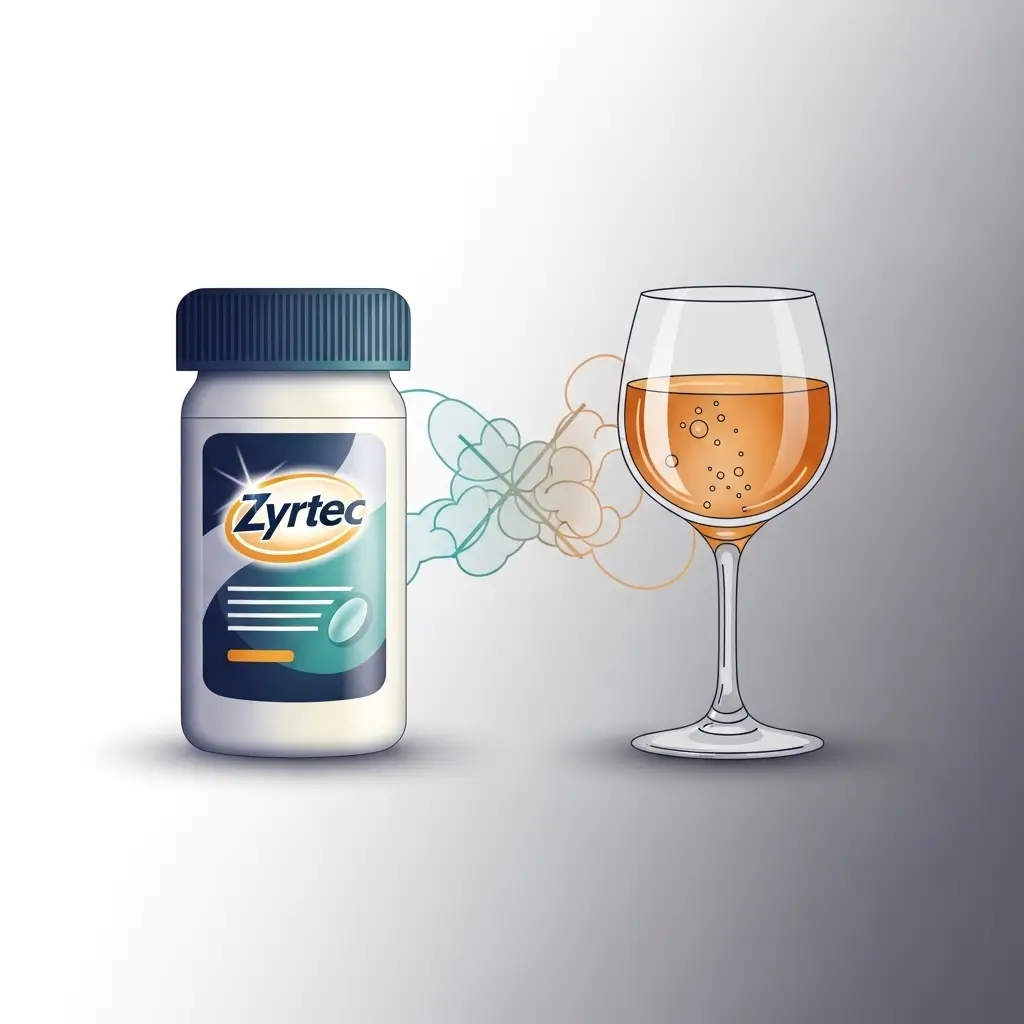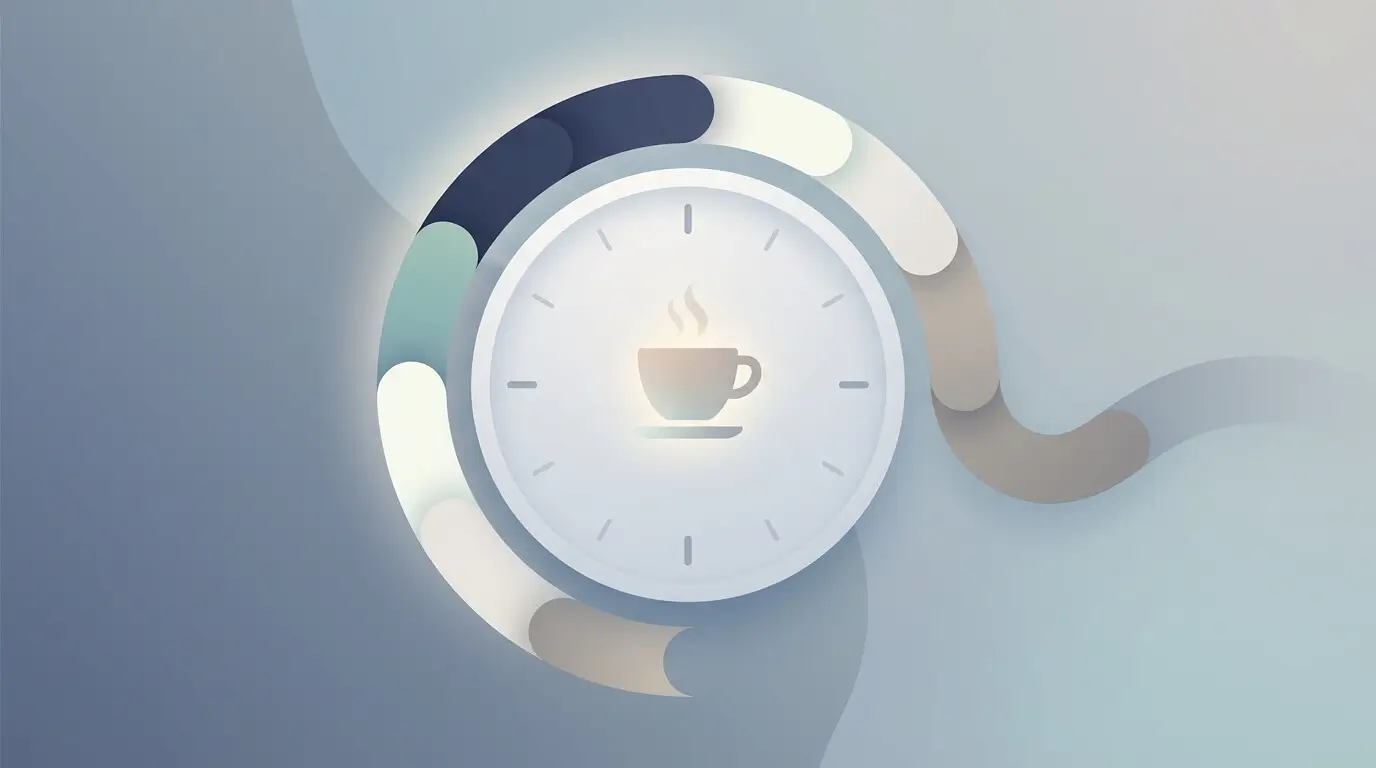Ben Affleck Gambling Addiction Uncovered
Introduction
Hollywood star Ben Affleck has lived much of his life in the spotlight, from his early success with "Good Will Hunting" to his directorial achievements and high-profile relationships. Yet alongside his professional triumphs, Affleck has faced a personal battle that millions of Americans can relate to—addiction. While his struggles with alcohol have received significant media attention, his gambling addiction has also played a significant role in his journey.
In this blog post, we'll examine Affleck's experience with gambling addiction as a lens through which to understand this often-misunderstood disorder. By exploring his story, we hope to shed light on the nature of gambling addiction, the challenges of recovery, and the possibility of healing even after multiple setbacks.
At Prescott House, we've guided many men through similar struggles, and we know that behind every addiction is a human being worthy of compassion and capable of transformation. By destigmatizing these conversations, we can help create a world where seeking help is seen as an act of courage rather than a sign of weakness.

Ben Affleck's Story
Ben Affleck's relationship with gambling reportedly began well before his rise to Hollywood stardom. Like many who develop problematic gambling behaviors, what started as casual entertainment gradually evolved into something more serious. Affleck became particularly known for his high-stakes poker playing, participating in tournaments and private games where tens of thousands of dollars might change hands in a single night.
In 2014, Affleck made headlines when he was reportedly banned from the Hard Rock Casino in Las Vegas for card counting while playing blackjack—a technique that, while not illegal, is frowned upon by casinos as it shifts the odds in the player's favor. This incident brought his gambling habits into the public eye in a new way.
What makes Affleck's openness about his struggles particularly significant is his willingness to acknowledge the interconnected nature of his addictions. In various interviews, he has discussed how gambling, alcohol, and the stresses of fame and public scrutiny have all played roles in his cycles of addiction and recovery.
"I've been playing poker for years...I don't have any more compulsive behaviors that I want to add," Affleck once stated, displaying self-awareness about his vulnerability to addictive patterns.
His journey has not been linear—few recovery stories are. There have been periods of sobriety followed by relapses, public acknowledgments followed by private struggles. This pattern is something we see frequently at Prescott House; recovery isn't a straight line but rather a winding path with both progress and setbacks.
Understanding Gambling Addiction
Gambling disorder is recognized in the Diagnostic and Statistical Manual of Mental Disorders (DSM-5) as a behavioral addiction. Unlike substance use disorders, gambling addiction doesn't involve ingesting chemicals, yet it triggers similar neurological reward pathways in the brain.
The dopamine release experienced during gambling, especially during wins, creates pleasure sensations that the brain begins to crave. Over time, tolerance develops—just as with drugs or alcohol—requiring bigger bets or riskier gambling to achieve the same "high."
Common Types of Gambling That Can Lead to Addiction
Gambling addiction can develop from various activities:
- Casino games (poker, blackjack, roulette)
- Sports betting
- Lottery tickets
- Online gambling platforms
- Stock market speculation (when approached as gambling rather than investment)
For Ben Affleck, high-stakes poker and blackjack appeared to be particular draws. In our clinical experience at Prescott House, we've noticed that different personalities often gravitate toward different forms of gambling. Some are attracted to games of skill where they can exercise control and strategy, while others prefer games of pure chance where they can surrender to fate.
The underlying causes of gambling addiction are complex and multifaceted. Genetic predisposition plays a role—individuals with family histories of addiction are more vulnerable. Psychological factors such as depression, anxiety, or trauma can drive people to gambling as a form of escape or self-medication. Environmental influences, including early exposure to gambling, accessibility to gambling venues, and cultural attitudes toward gambling all contribute as well.
Signs and Symptoms of Gambling Addiction
Recognizing a gambling problem, in oneself or others, requires awareness of these warning signs:
- Preoccupation with gambling (constant thoughts about past experiences or planning future gambling)
- Needing to gamble with increasing amounts of money to feel excitement
- Unsuccessful attempts to cut back or stop gambling
- Restlessness or irritability when trying to stop
- Gambling to escape problems or relieve negative emotions
- Chasing losses (returning to "get even" after losing money)
- Lying to conceal gambling activities
- Jeopardizing relationships, career opportunities, or education due to gambling
- Relying on others for financial bailouts caused by gambling
For celebrities like Affleck, these symptoms can be both magnified and masked by wealth and status. When you have substantial financial resources, losses that would devastate an average person might seem manageable—at least for a while. However, the emotional and relationship costs remain just as devastating regardless of socioeconomic status.
The Path to Recovery
Recovery from gambling addiction, like any addiction, isn't a one-size-fits-all process. For Ben Affleck, his recovery journey has included rehabilitation facilities, therapy, and the support of friends and family—including his ex-wife Jennifer Garner, who has been publicly supportive during his struggles. Here is a great video Ben did on The Howard Stern Show, of all places, on getting sober. His insight on recovery is inspiring and interesting at the same time. We highly suggest checking it out.
In our decades of experience at Prescott House, we've found that successful recovery typically involves multiple approaches working in concert:
Treatment Options for Gambling Addiction
Professional treatment for gambling addiction often includes:
Cognitive-behavioral therapy (CBT) has shown particular effectiveness for gambling addiction. This approach helps individuals identify unhealthy, irrational beliefs about gambling while developing coping skills for triggers. For instance, a common cognitive distortion among gamblers is the "near miss" fallacy—the belief that nearly winning signals an imminent win, when statistically it does not.
Support groups like Gamblers Anonymous follow a 12-step model similar to Alcoholics Anonymous. These peer-led communities provide understanding, accountability, and practical wisdom from those who have walked the same path. Many of our staff at Prescott House are in recovery themselves, and we've witnessed firsthand how powerful it can be when someone struggling with addiction hears, "I've been exactly where you are."
Medication may be prescribed in some cases, particularly when gambling addiction co-occurs with depression, anxiety, or other mental health conditions. Certain medications like naltrexone, which blocks dopamine receptors, have shown promise in reducing gambling urges.
Stages of Recovery
Recovery from gambling addiction typically progresses through several stages:
- Acknowledgment - Recognizing that gambling has become problematic and cannot be controlled
- Decision to change - Making a commitment to stop gambling
- Early abstinence - The initial period of not gambling, often the most challenging due to withdrawal effects
- Maintenance - Developing and practicing strategies to maintain abstinence long-term
- Growth and transformation - Moving beyond simply avoiding gambling to building a fulfilling life with new sources of meaning and pleasure
For Ben Affleck, these stages haven't followed a neat linear progression. His journey has included periods of abstinence followed by relapses, which mirrors what we often see with our clients. Recovery isn't about perfect performance—it's about persistence and resilience.
The Role of Relapse
Relapse is a common part of recovery from all addictions, including gambling. Rather than viewing relapse as a failure, we encourage our clients to see it as valuable information about triggers and vulnerabilities that need addressing. Every time Affleck has returned to treatment following a setback, he demonstrates this resilient approach.
One Prescott House counselor likes to say, "Relapse begins long before you place the bet." This means that the actual gambling behavior is often the end result of a process that started days or weeks earlier with subtle changes in thinking patterns, emotional states, or lifestyle habits. Learning to recognize these early warning signs is a crucial recovery skill.
Relapse prevention planning involves identifying personal triggers (people, places, emotions), developing specific coping strategies for high-risk situations, and creating a support network to call upon when urges arise. For someone like Affleck, triggers might include the stress of media scrutiny or the high-pressure environment of film sets.
Benefits of Recovery
When individuals commit to recovery from gambling addiction, the benefits extend far beyond simply not gambling. Financial stability begins to return as debt stops accumulating and consistent income isn't immediately gambled away. This financial healing may take time—especially if significant debt has accumulated—but the relief of not continuously digging a deeper hole is immense.
Relationships damaged by lies, financial strain, and emotional unavailability can begin to heal. For Affleck, his relationships with his children and co-parenting relationship with Jennifer Garner appear to have strengthened during his periods of recovery. The energy previously consumed by gambling and hiding gambling becomes available for genuine connection.
Mental health improvements are often dramatic. The constant anxiety about losses, debts, and discovery lifts. Depression fueled by shame and hopelessness begins to dissipate. Self-esteem grows as promises to oneself and others are kept.
One former client at Prescott House described his recovery experience this way: "I used to think gambling gave me excitement and escape. What it really gave me was constant stress and isolation. In recovery, I've found real adventure and genuine connection—and unlike the 'highs' from gambling, these good feelings don't come with devastating crashes."
Challenges in Recovery
Despite the significant benefits, recovery from gambling addiction presents substantial challenges that must be navigated with care and support.
Financial Aftermath
Perhaps the most obvious challenge is dealing with the financial devastation that gambling addiction often leaves in its wake. While Affleck's wealth may have provided some buffer against complete financial ruin, many gamblers face bankruptcy, foreclosure, and crushing debt. Recovery must include practical financial rehabilitation: creating realistic repayment plans, rebuilding credit, and developing healthy money management skills.
At Prescott House, we often bring in financial counselors to work alongside our clinical team, helping clients develop concrete plans to address their financial situations. One particularly effective strategy is having clients temporarily surrender control of their finances to a trusted person or financial professional until healthy habits are established.
The Stigma Factor
Unlike many other medical conditions, addiction still carries significant social stigma. For gambling addiction specifically, there's often less understanding than for substance use disorders. Comments like "just stop betting" or "just use some willpower" reflect a fundamental misunderstanding of addiction's neurobiological nature.
Celebrities like Affleck face the additional burden of having their struggles play out in public, with tabloids and social media users often making judgmental or dismissive comments about their addiction and recovery attempts. His willingness to continue seeking help despite this scrutiny shows remarkable courage.
The Omnipresence of Gambling in Modern Society
A unique challenge for gambling recovery is the increasingly ubiquitous nature of gambling opportunities. From lottery tickets at every convenience store to sports betting apps on smartphones to online poker accessible 24/7, opportunities to gamble are more prevalent than ever before.
The normalization of gambling through advertising and sports partnerships adds another layer of difficulty. It's nearly impossible to watch a sporting event without encountering multiple gambling advertisements, often featuring celebrities and suggesting that betting enhances the enjoyment of sports.
Conclusion
Ben Affleck's ongoing journey with gambling addiction illuminates both the challenges and possibilities of recovery. His story reminds us that addiction doesn't discriminate based on fame or fortune, and that recovery is rarely linear. The courage it takes to acknowledge a problem, seek help, and continue trying even after setbacks is the same whether you're a Hollywood star or anyone else struggling with gambling disorder. The science of addiction treatment continues to evolve, offering more evidence-based approaches for those seeking help.
At Prescott House, we've spent over 30 years helping men find their path to recovery from gambling addiction and other disorders. Our treatment philosophy combines clinical excellence with compassionate care, creating a brotherhood of support where men can heal and grow. If you or someone you love is struggling with gambling addiction, know that help is available and recovery is possible. As Ben Affleck himself once said, "It's not about blame or shame—it's about addressing the issue and moving forward." 1 For more information on gambling addiction resources, visit the National Council on Problem Gambling or call their 24-hour confidential helpline at 1-800-522-4700.
More Celebrity Stories You Might Find Inspiring
- That 70’s Show Star Lisa Robin Kelly Dies Suddenly in Rehab
- Lady Gaga and Her Struggles with Drug Abuse
- Beyond Justin Baldoni's Sex Addiction Discussion: Understanding and Finding Help for Compulsive Sexual BehaviorsIntroduction
- Darren Waller Drugs: Overcoming Addiction and Finding Hope in Recovery
- Lil Wayne and Lean: Understanding the Risks of Purple Drank Addiction
- The 27 Club: Exploring the Reality of Legendary Loss
- Learning from Tragedy: Understanding Addiction in the Wake of Heath Ledger's Fatal Addiction
- Wendy Williams’ Struggles with Drug Addiction: What Happened and Why It Matters
- Reese Witherspoon Jailed for Interfering With her Husband’s DUI Arrest
- Demi Lovato's Overose and Near-Death
- Remembering Kurt Cobain
- Ben Affleck Gambling: Understanding Gambling Addiction and the Path to Recovery
- The Tragic Overdose of Kris Kross's Chris Kelly: A Look Back at a Life 'Totally Krossed Out'
- Tiger Woods' Scandal: Sex Addiction, the Fall from Grace, and Comeback
At Prescott House, Recovery Becomes Reality
Ben Affleck’s openness about relapse and recovery shows that even success and fame can’t shield anyone from addiction. His willingness to face setbacks publicly reflects the real courage recovery requires—the humility to start again. At Prescott House, we help men do exactly that. Our long-term, structured programs build accountability, emotional awareness, and lasting change so recovery becomes more than a moment—it becomes a way of life.
Explore our specialized programs:
- Long-Term Addiction Treatment for Men — Structured healing and accountability for lasting recovery.
- Substance Abuse Treatment — Comprehensive care for alcohol and drug dependence.
- Gambling Addiction Treatment — Break free from the cycle of financial and emotional strain.
- Sex & Process Addiction Programs — Compassionate support for compulsive behaviors.
- Dual Diagnosis Treatment — Integrated therapy for co-occurring mental health and substance use challenges.
Learn More About Our Programs →















